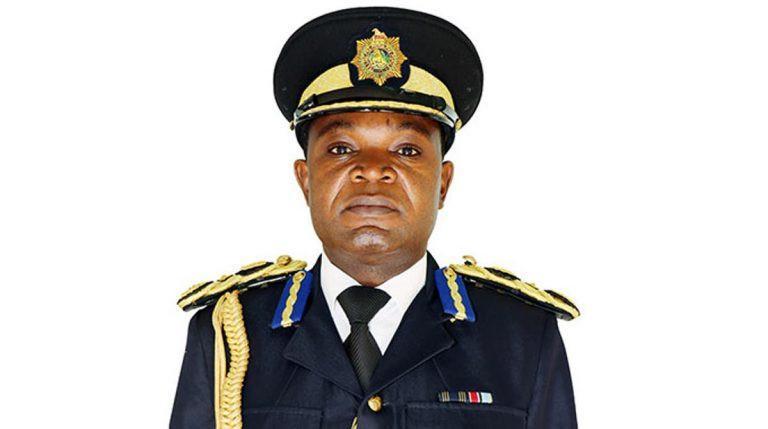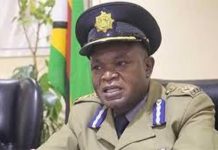Africa-Press – Zimbabwe. Journalists covering law-and-order operations have been urged to formally identify themselves to police commanders in charge, as part of measures to enhance safety and prevent misunderstandings during public-order situations.
Speaking at the Media Institute of Southern Africa (MISA) Zimbabwe Bulawayo Chapter’s Interaction Programme with the police this week, National Police Spokesperson Commissioner Paul Nyathi said journalists should make their presence known to senior officers in charge of crowd control or demonstrations.
“We want to make it clear that journalism is not a crime, and the police fully recognize the rights of journalists. We must work together as a team,” Commissioner Nyathi said.
He noted that police have observed incidents where journalists mingle with crowds or stand in restricted zones, which can create confusion during tense situations. “We have discussed with provincial commanders to allow journalists the opportunity to identify themselves, so that if something happens, they are not caught in the crossfire,” he said.
Commissioner Nyathi added that journalists should know their local police commanders to facilitate quick resolution of any issues. “We want the media in Bulawayo to know your provincial and district commanders, so that if there are challenges, your issues can be quickly addressed,” he said.
He also encouraged media bodies to provide press jackets to help officers easily identify journalists. “I am happy that in most gatherings, almost 90 percent of journalists are wearing press jackets, which assists police in maintaining law and order,” he said.
The police spokesperson said that media considerations should be included in police training for public-order situations. “When our officers are trained, we want the media component to be emphasised, so that they understand that journalists will be present in whatever they are doing,” he said.
Commissioner Nyathi also urged journalists to coordinate with police when taking photographs in public spaces. “There are situations controlled by the police, and others where the police provide security but are not in charge. Journalists must understand directives so that no one claims the police chased them away when the organizers gave instructions,” he said.
He stressed that the police and media share a common goal of serving the public. “We cannot allow the media and the police to be enemies. The police cannot serve the country alone; we need the support of the media because our messages reach the people through you,” he said.
In the era of citizen journalism, Commissioner Nyathi emphasised the need to protect professional journalists.
“There is a difference between trained journalists who observe ethics and someone with a smartphone claiming to be a journalist. We need to protect the profession and professionalism of journalists,” he said.
For More News And Analysis About Zimbabwe Follow Africa-Press






